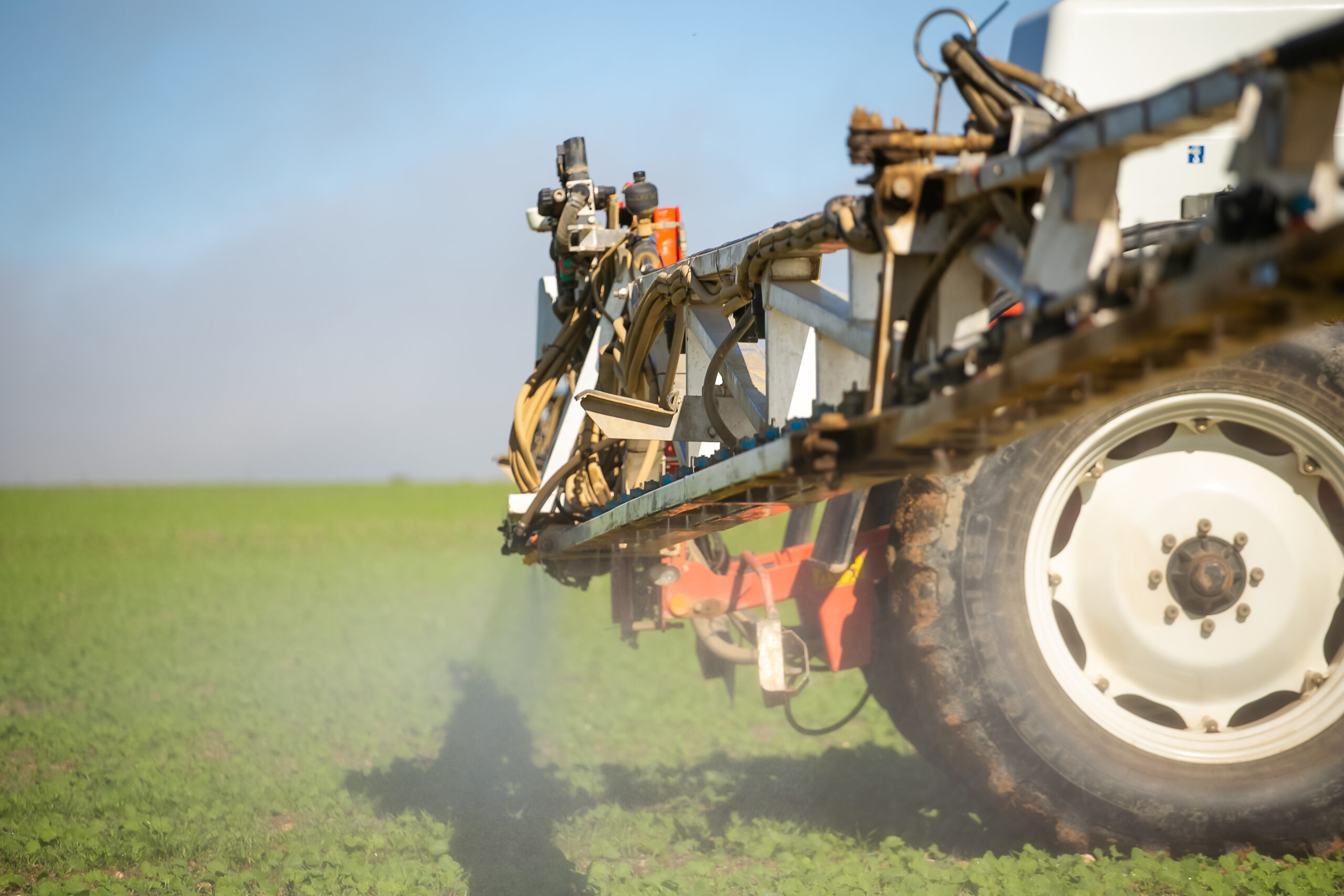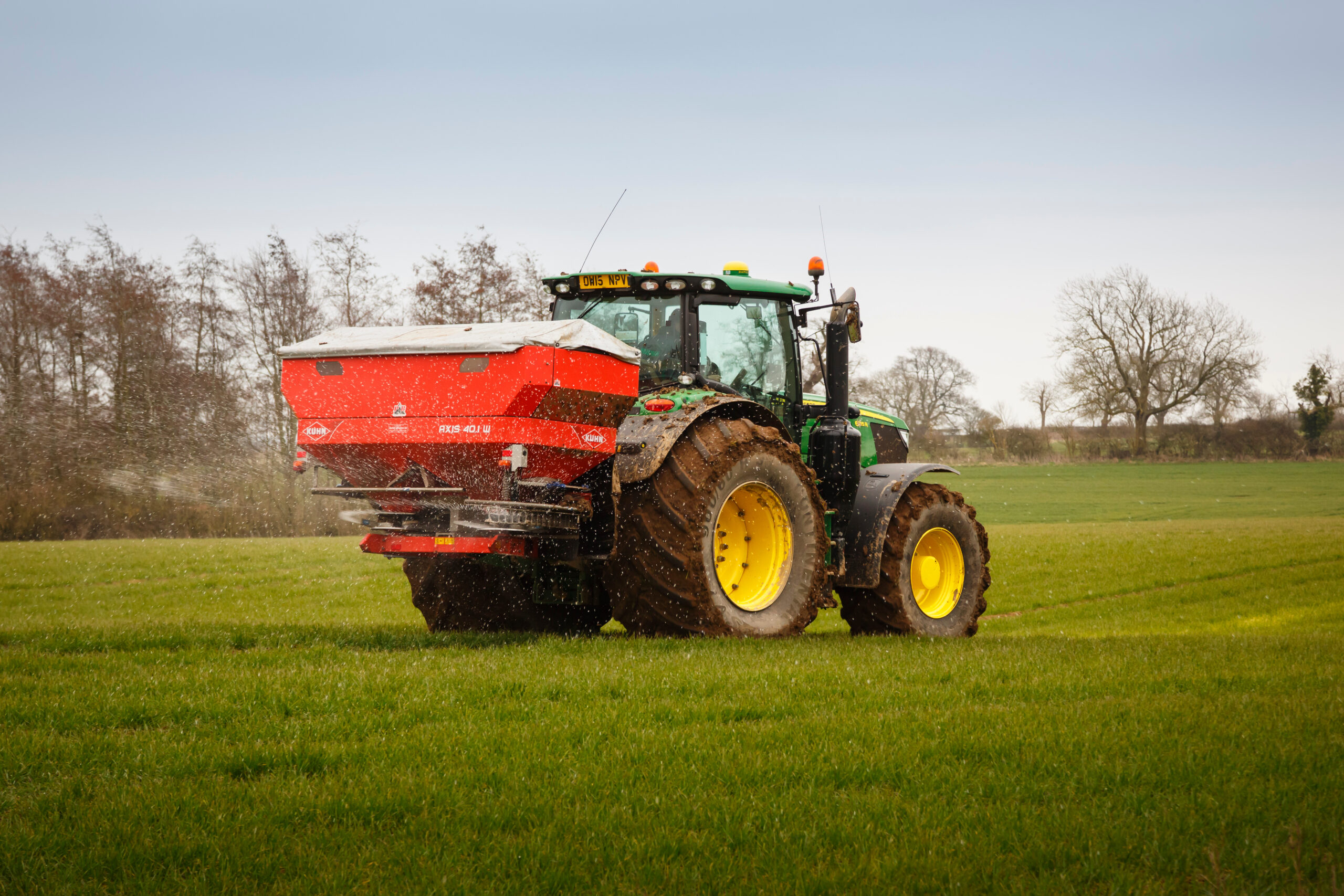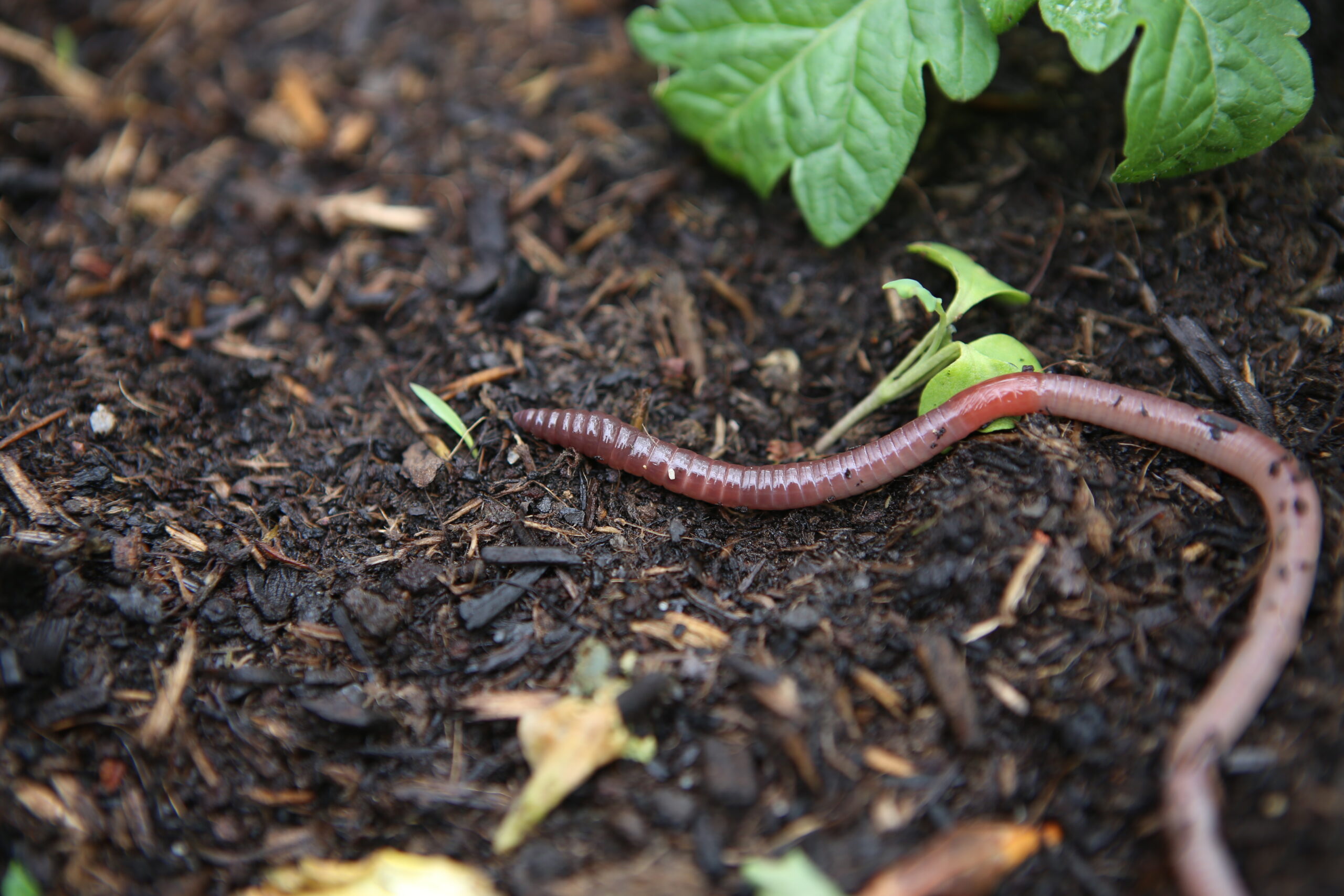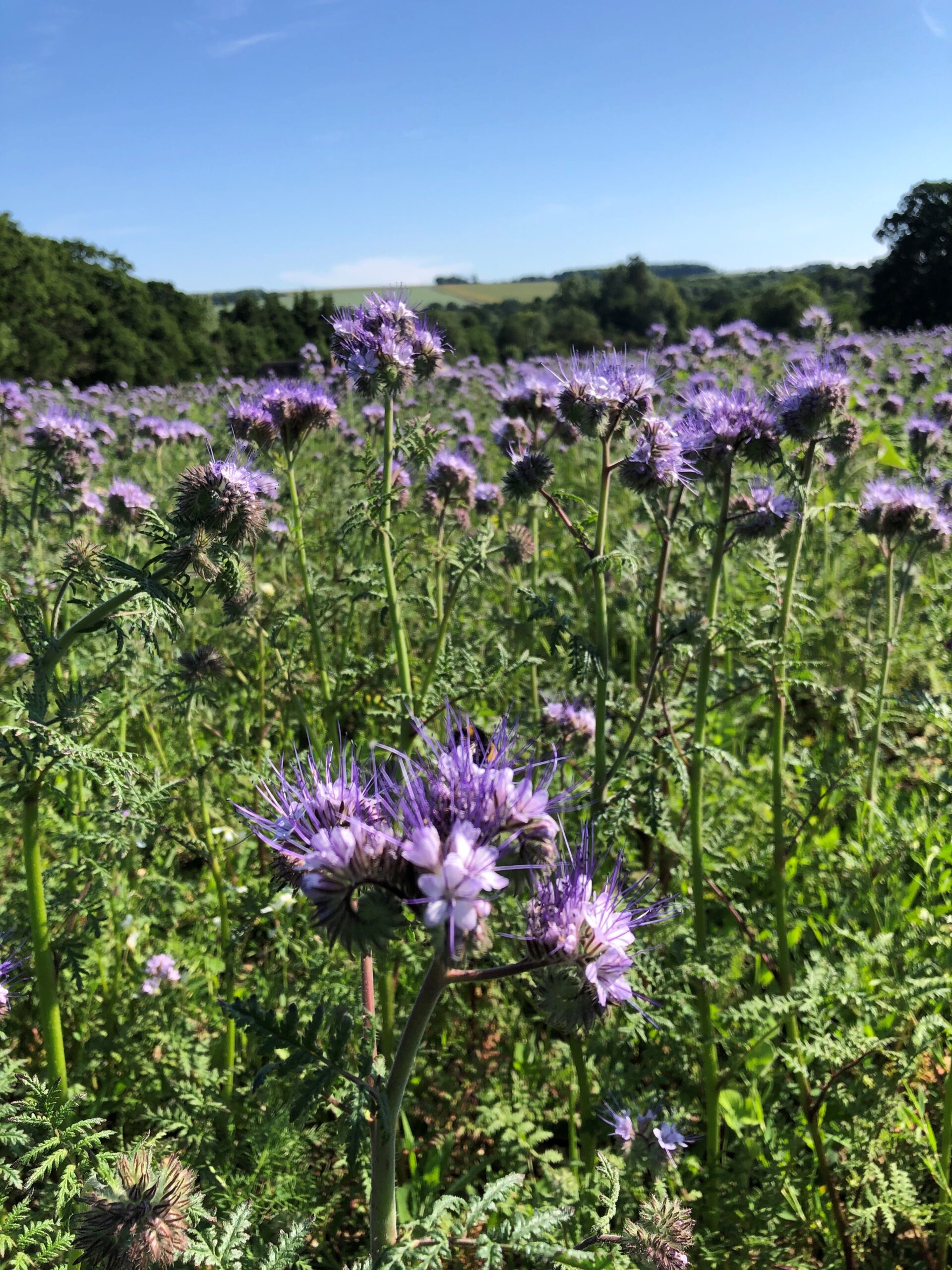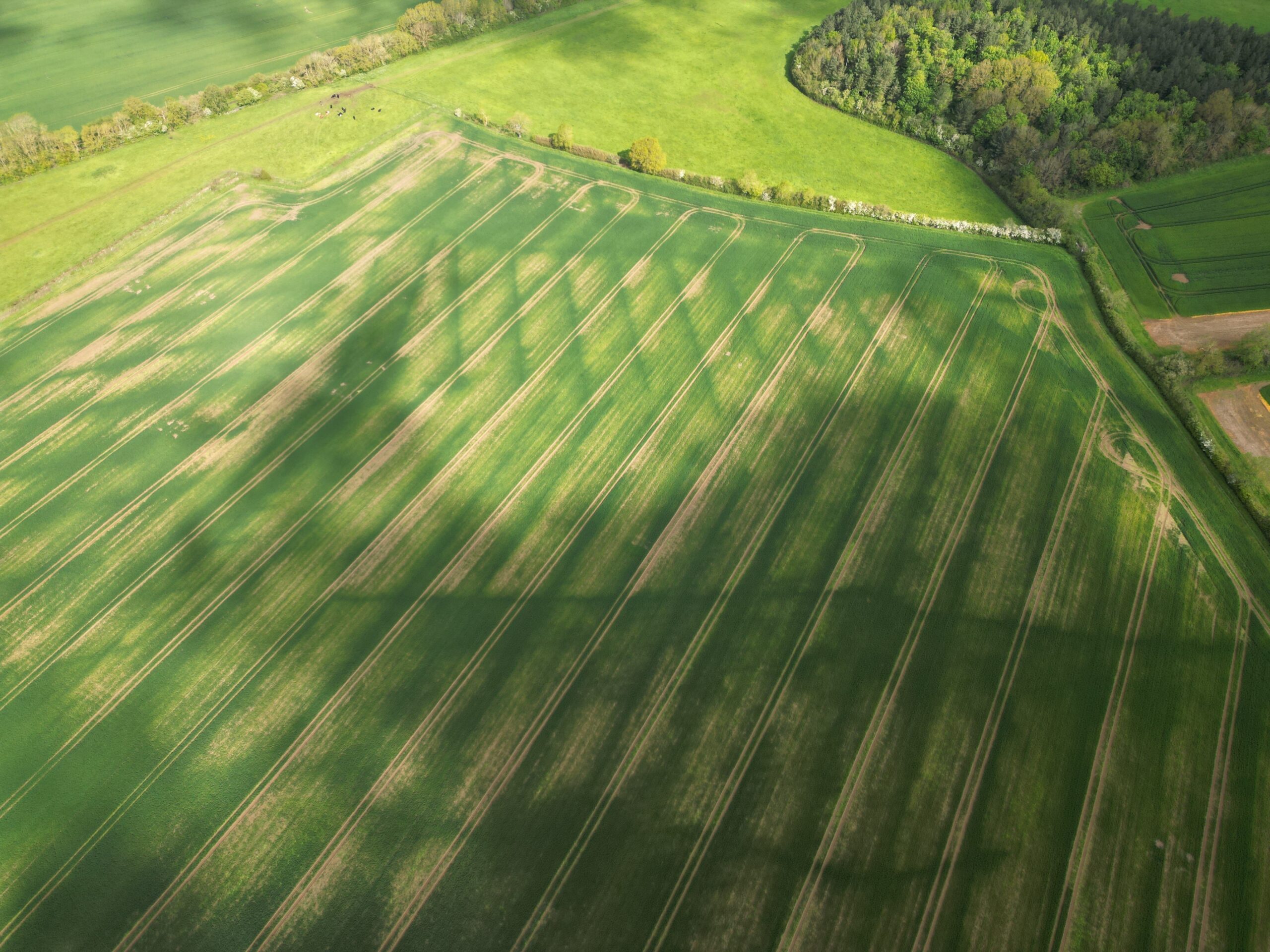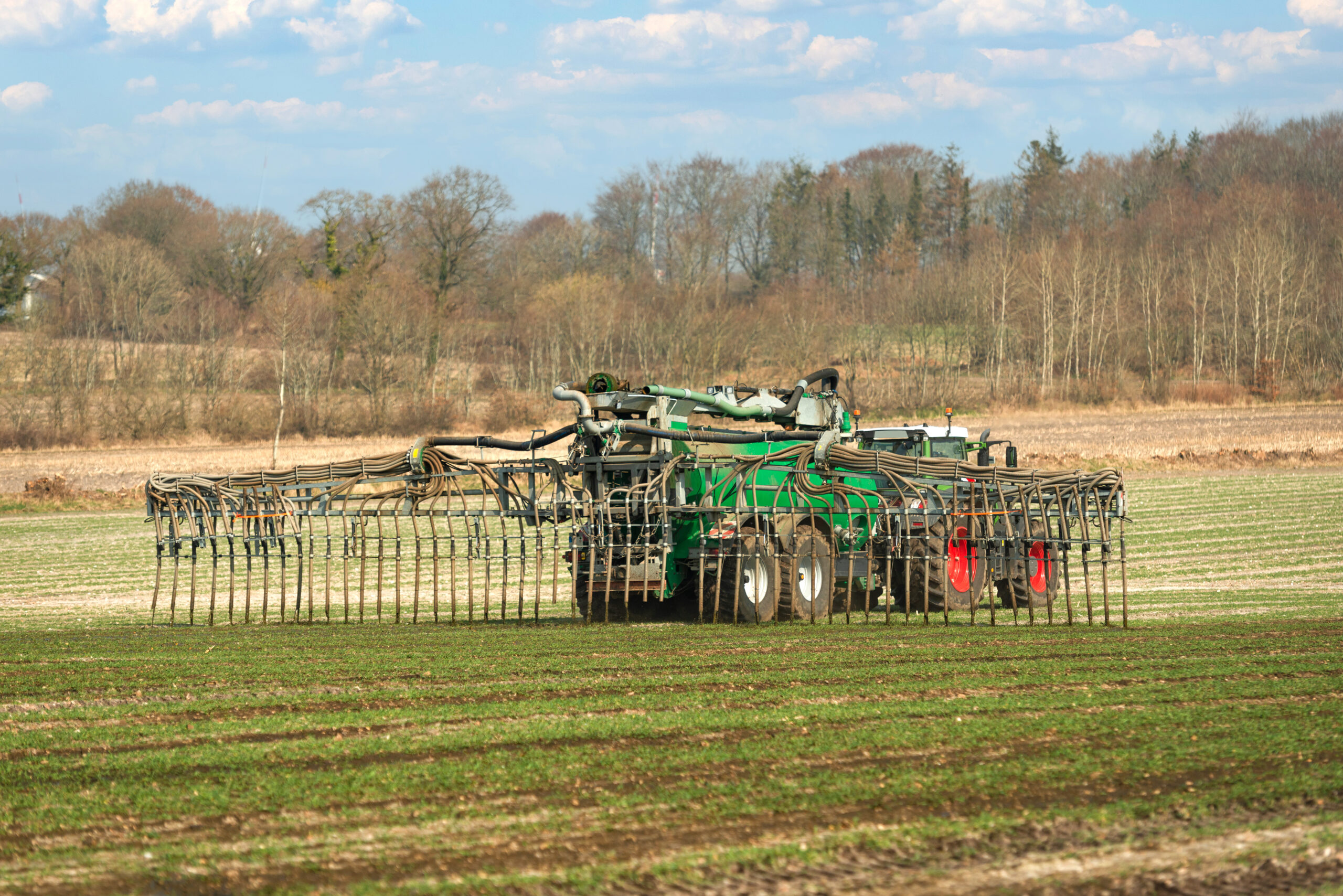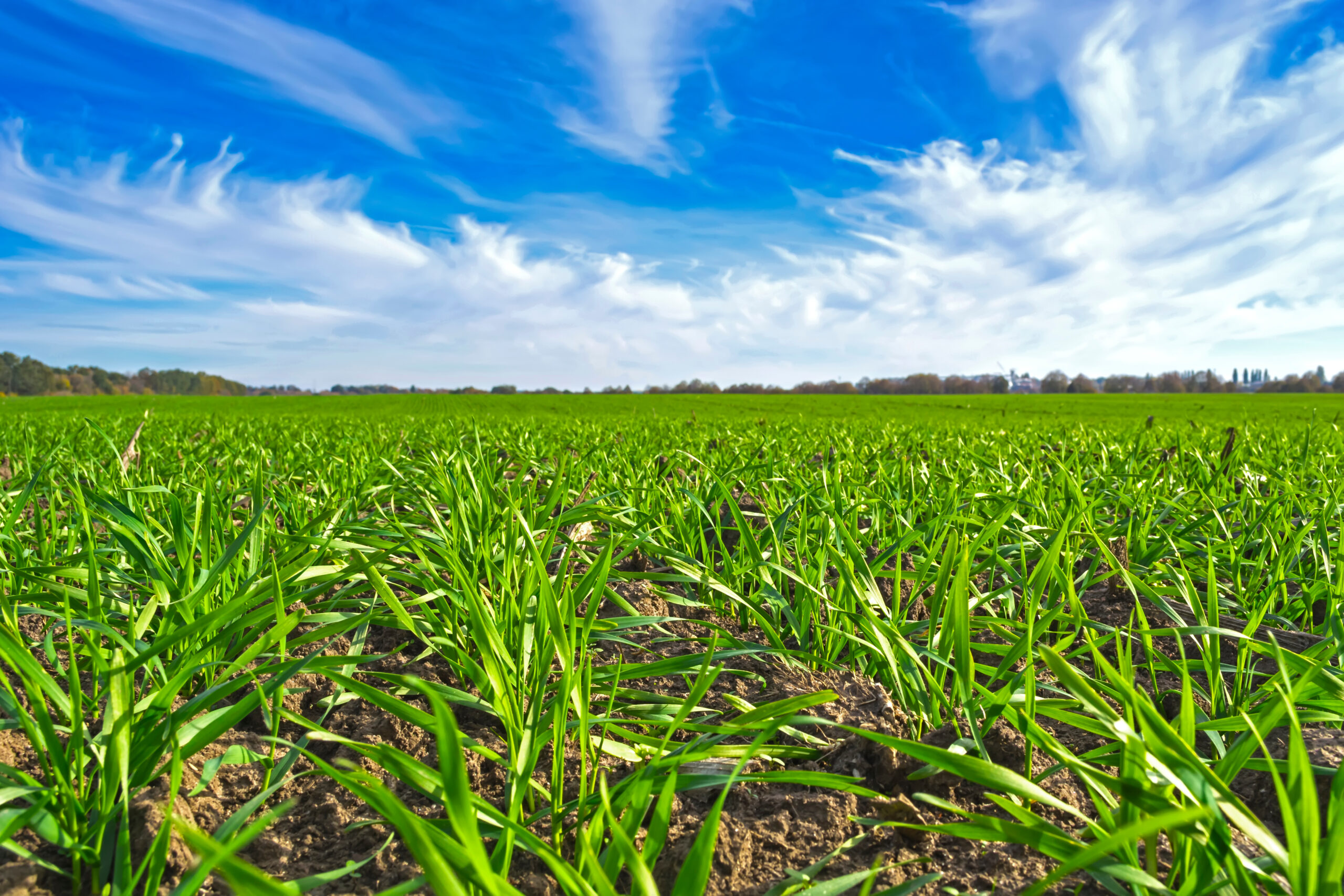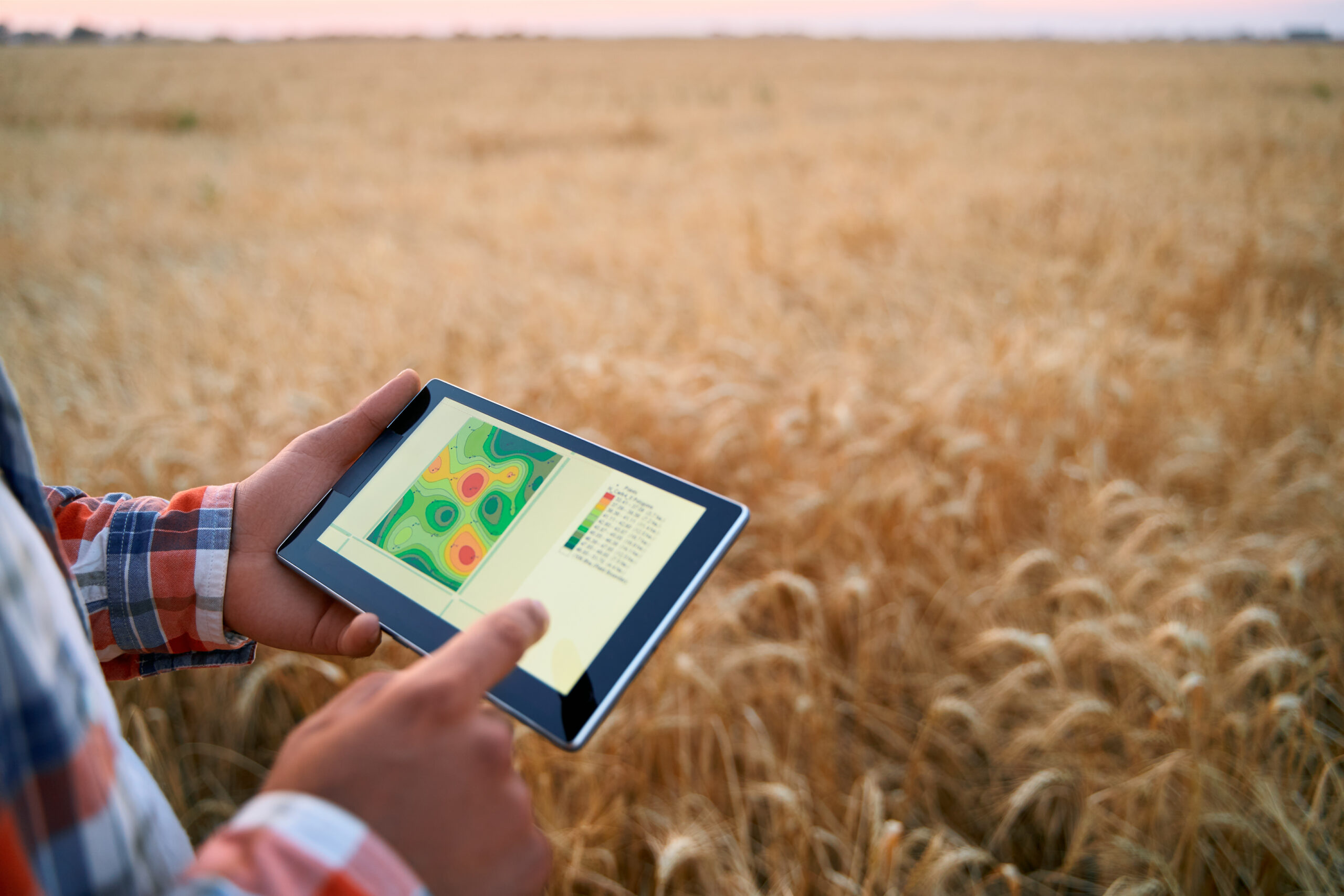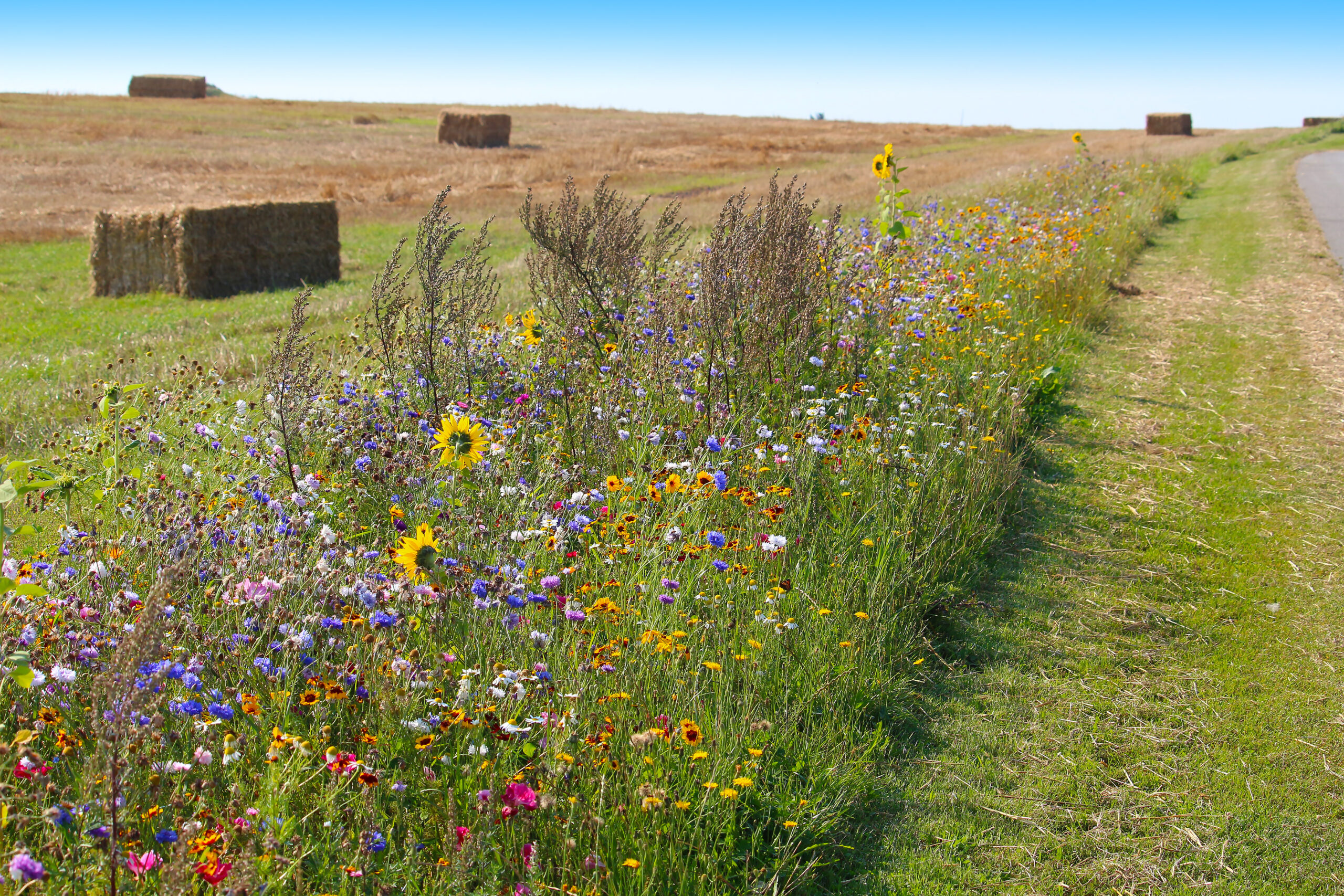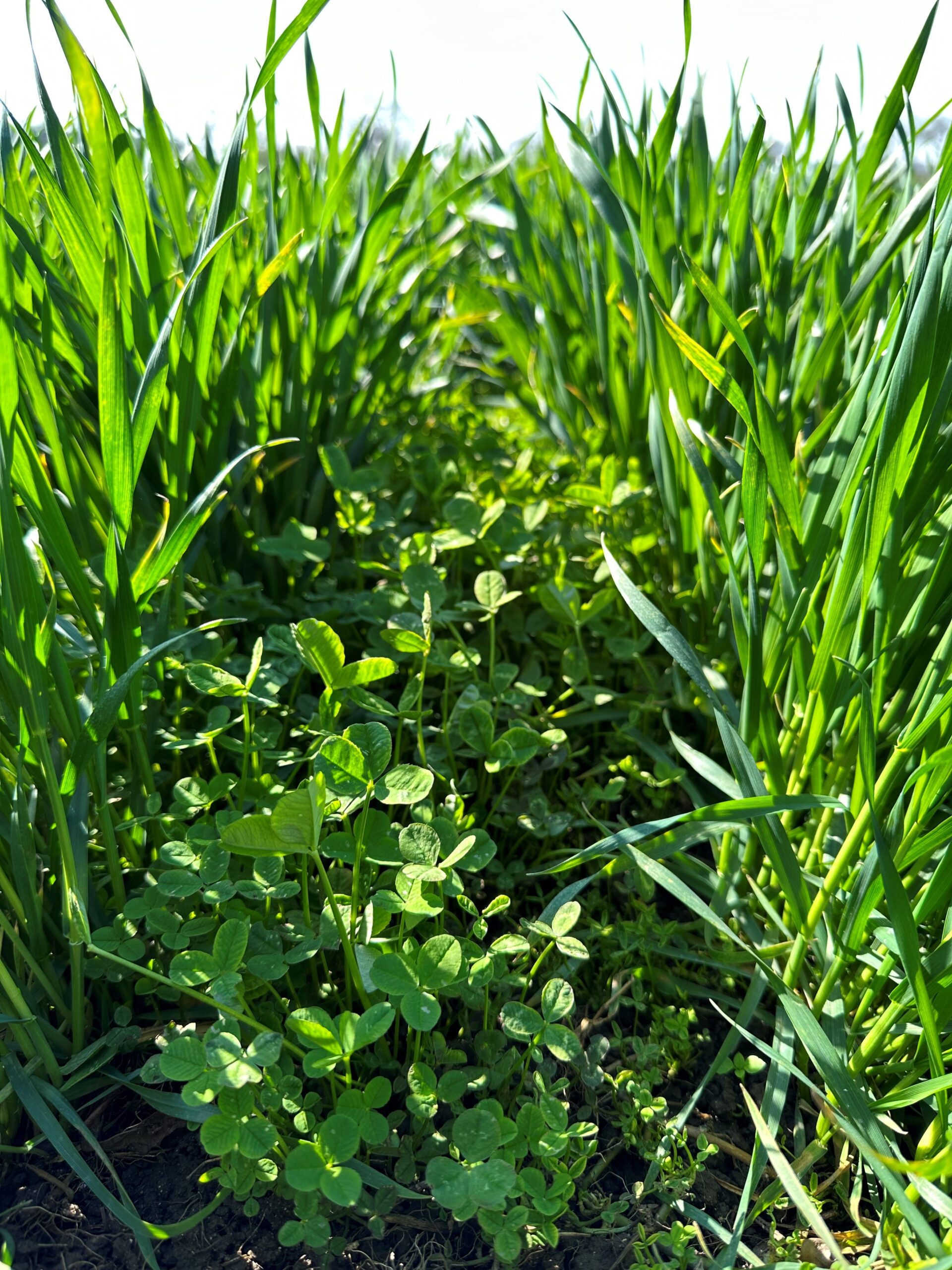Chemical Recommendation
• The traditional role of the agronomist was to spot problems and make agrochemical recommendations to resolve them
• Control of weeds, pests and diseases was achieved mainly through chemical applications
• Biological resistance, legislation and environmental awareness shifted attention away from chemical options and towards the use of cultural control methods
Fertilizer Recommendation
• Synthetic fertiliser applications have a significant impact on crop performance but also affects crop health and management
• Variable pricing, soil types and rotations means careful fertiliser planning is essential for optimum economic performance
Application Scheduling
• Increased resistance and fewer plant protection products makes timing of applications crucial for maximum efficacy and minimum environmental impact.
• With larger farming businesses and more weather volatility, application scheduling is essential to effective operations
Soil analysis & Health Check
• Increasing awareness of the crucial role soils play in efficient crop production
• Better laboratory analyses and sampling techniques allows the integration of chemical, physical and biological characteristics to maximise productivity and improve efficiency
Integrated Crop Management, Environment and Sustainability
• Increasing consumer interest in the environmental footprint of food
• Integrated farm management practices seek to use all cultural and non-chemical approaches to maximise food production and sustainability
• Integrated approaches are at the heart of independent agronomy where no financial gain can be made from the supply of products
• Our advice centres on the avoidance of yield limiting problems, not their curing
Variety Selection, Rotation and Cover Crop Strategy
• Economic and environmental sustainability begins with a well-planned rotation
• Variety choice helps to minimise risk and lower environmental impact
• Cover crops can improve crop production and enhance soils but need careful management from knowledgeable advisors
Drainage Strategy
• Understanding the role of agricultural soils in water management is essential for effective crop production as well as for the wider context of water quality and flood mitigation
• Good drainage is important for weed, pest and disease management and vital before considering reductions in tillage or direct drilling
Crop Nutrition, Compost, Manure & Compliance
• Understanding that crop nutrition affects pest, weed and disease pressure as well as yield and margin
• Organic inputs can help supply a crop’s nutritional needs, improve soil health and reduce the carbon footprint of a farm business
• Understanding environmental regulations relating to crop nutrition is important for compliance and environmental impact
Cultivation & Machinery and Crop Establishment
• Appropriate cultivation and drilling is fundamental to improving soil health, weed control and gross margin
• A holistic approach to crop management begins with an assessment of soils, rotation and machinery resources
Precision Farming, mapping & Data Analysis
• Assessing different technologies and advising on the most beneficial and cost-effective to our clients
• Making best use of the data provided by remote and near-sensing equipment to minimise inputs and maximising outputs
Sustainable Farming Practices
• All advice aiming towards environmental and economic sustainability
• Understanding of farming practices that increase the diversity, sustainability and resilience of the farmed environment
• Integrating environmental schemes to ensure maximum productivity as well as profitability
Carbon Management
• Increasing soil organic carbon is agronomically important as it improves a soil’s water holding capacity, nutrient efficiency, workability and yield potential
• Soils can also store atmospheric carbon and therefore has a significant role to play in climate dynamics
• Correct management of soil carbon could access additional farm income


